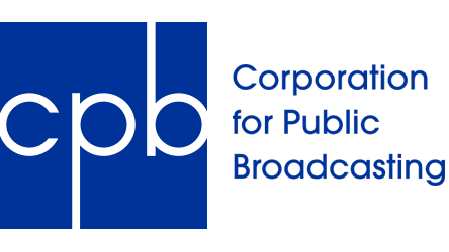Multicast Must-Carry: The Words Not Heard at MSTV Confab
The language of a new carriage strategy emerged among the many discussions at the annual fall MSTV conference Oct. 3. During a panel moderated by MSTV chief David Donovan, the concept of multicast must-carry was turned on its head by NAB chief David Rehr.
Rehr instead dropped the term "anti-stripping," in reference to the bits comprising a digital broadcast signal. He said that anti-stripping was among the NAB's priorities for the coming year. He never once uttered "multicast must-carry," the assertion that must-carry provisions should apply to all of a broadcaster's digital programming streams. I.e., the NAB argues that cable operators should carry the entire 6 MHz signal occupied by a broadcast signal without stripping out any bits. Cable operators beg to differ, and so far, the FCC and lawmakers have agreed.
The FCC voted it down last March under the leadership of then-Chairman Michael Powell, who said must-carry applied only to the "primary video signal." Only Kevin Martin, who was a commissioner at the time, dissented in part because he said the public interest benefits of multiple DTV programming streams should be considered before knocking compulsory cable carriage off the table. Martin tried to revive multicast must-carry once the FCC had a full complement of commissioners under his chairmanship, but the item was pulled from the regular meeting agenda in June.
Interest on Capitol Hill remains tepid.
"I'm not sure if there's a market failure to address," said Barry Ohlson, senior legal advisor to Commissioner Jonathan Adelstein.
The professional video industry's #1 source for news, trends and product and tech information. Sign up below.
